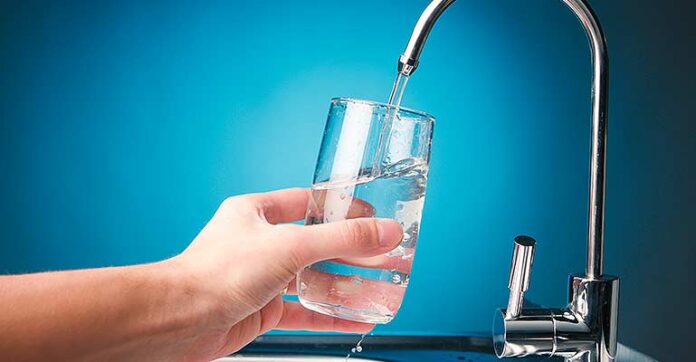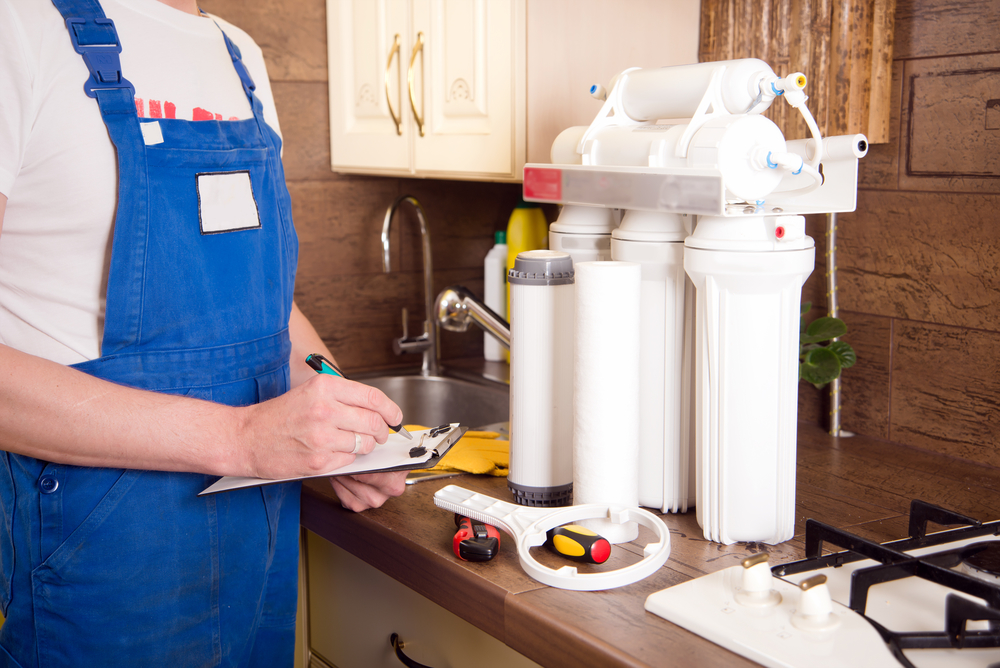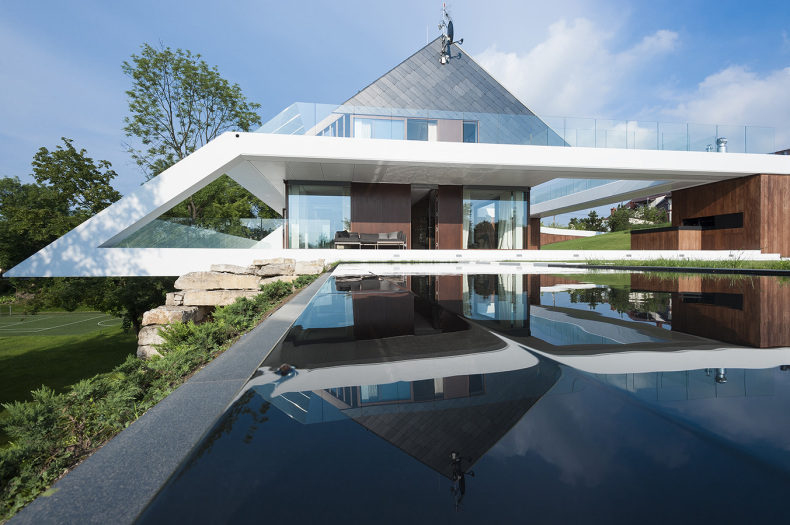The need for good quality residential water filters has increased a lot in the last decade. This is because the public is more aware of the need for filtered water. Also, buying a whole house water filtration system has become easy and simple. But how do you know what kind of water filtration system you need? To understand this, you first need to know what impurities or other problems are there in your tap water. Do you need a simple filtration or you want to remove toxic chemicals from the water? Are you looking to get rid of the unpleasant odor from the water? When you know these answers, finding a suitable filter becomes easier. There are many different house water filter systems available for residential use. While they may look similar, there are many significant differences in their design and features. But why do we need to have water purifiers in the home?
Need for Water Purifiers
Most of us get our tap water supply from a government-based water treatment system. Generally, the tap water is safe to drink but has many chemicals like chlorine used to disinfect the water. But even this treated water contains some impurities and often leaves an unpleasant taste in the mouth. Moreover, tap water sometimes carries harmful microorganisms like viruses, bacteria, protozoa, coliforms, typhoid, giardia, hepatitis, etc. Some of these organisms can cause mild to severe illness in humans. The new generation of water purifiers like the revolutionary Waterdrop M5 smart RO systems are specifically designed to remove as many contaminants from the water as possible. Having a good water purifier can help you clean and filtered drinking water in your home. Let us take a look at the different types of residential water filters available in the market today.
Water Pitcher Filters
As the name suggests, pitcher filters are pitchers with built-in filters that can purify the water. The water is poured into the pitcher from the top and must pass through the filter. When the water passes through the filter, it leaves behind any residue or impurities. The built-in filters can also improve the taste and odor of the water by getting rid of any contaminants. The main benefit of these filters is their portability, affordable prices, and ease of access. However, these pitchers are often small in size and cannot hold large quantities of water.
Countertop Filters
Most countertop filters use RO and UV technology to remove contaminants and harmful microorganisms from the water. Traditionally, countertop RO systems used a water bucket to store filtered water. However, the latest advanced water filters like Waterdrop RO systems are tankless and use smart RO technology to purify water. These filters are small devices placed on the counter that are connected directly to the faucet. They have an in-built filtration system and their own faucet. Whenever you turn the tap on, the water first passes through the countertop filter and is purified before it comes out of the filter’s faucet. It is an easy and affordable way to purify the faucet water continuously without filling a jar again and again.
Faucet Filters
Faucet filters are attached directly to the faucet to purify the tap water as you turn it on. You can easily filter cooking and drinking water with these filters. Faucet filters are of mainly two types. One is the built-in faucet filter and the other is the faucet-mounted filter. Built-in filters come with faucet-integrated filter systems and require installation. The second is the faucet-mounted filter that is attached to a standard faucet but has a separate filtering device and faucet. You can easily switch between filtered and unfiltered water with both these filters.
Under-Sink Filters
Just as the name implies, under-sink filters are installed underneath your sink and hooked directly to your main water line. Usually, they consist of a single filter or multiple filters that are designed to filter out different types of contaminants. As they are linked directly to the main water line, they can easily give you an endless supply of filtered water directly in your faucet. These filter systems have a longer lifespan compared to some other filter systems.
Whole House Filters
Easily the most largest and expensive filter systems, whole house filters are specially designed to filter water for the entire house. Generally, these systems feature multiple filters in a multi-stage process to remove different types of impurities from the water. They can also soften the water and kill harmful microorganisms in the water. However, these systems are quite large and require professional installation and modifications to your plumbing or water line.
While it is necessary to know the different types of water purifiers available today, they are still a secondary concern. The first thing you should know is the quality of the water you’re receiving and what problems it has. Once you realize the quality of your tap water, you will be able to decide which whole home water filter best meets your water purification requirements.




















